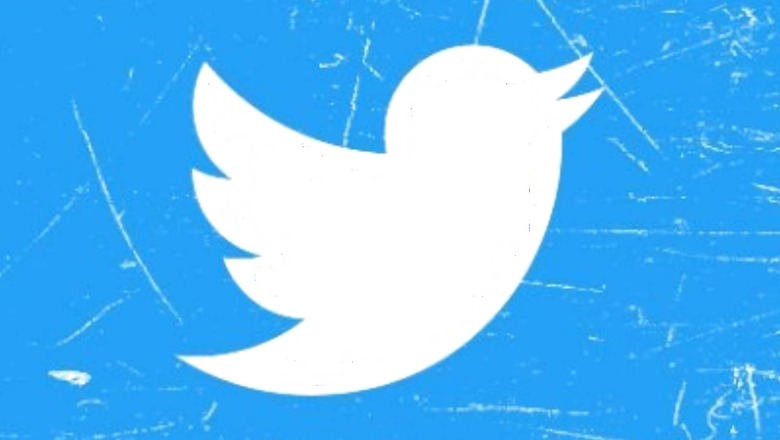
views
Twitter has announced that the company is updating its privacy policy to protect one’s personal identity. Starting today, the company will not allow users to share media files such as images or videos of private individuals without their consent. The company already banned media files that revealed sensitive information such as home address, identity documents, and contact information. However, the new rules aim to strictly crackdown on posts that could lead to harassment or invasion of their personal space. Interestingly, the new rules come just a day after the company announced Parag Agrawal as its new chief executive officer (CEO), following the exit of Twitter co-founder Jack Dorsey.
Speaking more on the update, Twitter, in a blog post explains, “While our existing policies and Twitter Rules cover explicit instances of abusive behaviour, this update will allow us to take action on media that is shared without any explicit abusive content, provided it’s posted without the consent of the person depicted. This is a part of our ongoing work to align our safety policies with human rights standards, and it will be enforced globally starting today.”
What is in violation of this policy?
- Home address or physical location information, including street addresses, GPS coordinates or other identifying information related to locations that are considered private.
- Identity documents, including government-issued IDs and social security or other national identity numbers. However, these are subject to regions where certain information are not considered to be private.
- Contact information, including non-public personal phone numbers or email addresses.
- Financial account information, including bank account and credit card details.
- Media of private individuals without the permission of the person(s) depicted.
The new update essentially means if a user or an authority notifies Twitter of violation of privacy, the company will take the post down. “This policy does not apply to media featuring public figures or individuals when media and accompanying Tweet text are shared in the public interest or add value to public discourse,” the updated policy adds.
Beginning today, we will not allow the sharing of private media, such as images or videos of private individuals without their consent. Publishing people’s private info is also prohibited under the policy, as is threatening or incentivizing others to do so.https://t.co/7EXvXdwegG— Twitter Safety (@TwitterSafety) November 30, 2021
However, if a public figure notifies the platform that a media file intends to harass, it may remove the post in line with Twitter’s policy against “abusive behaviour.” Some private posts may continue to remain on the platform if the information features on mainstream/traditional media or adds “value to the public discourse.” However, it remains unclear what posts bearing private information can be useful to the public, as per the company.
Read all the Latest Tech News here

















Comments
0 comment